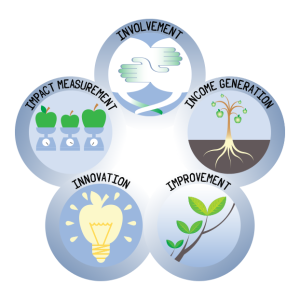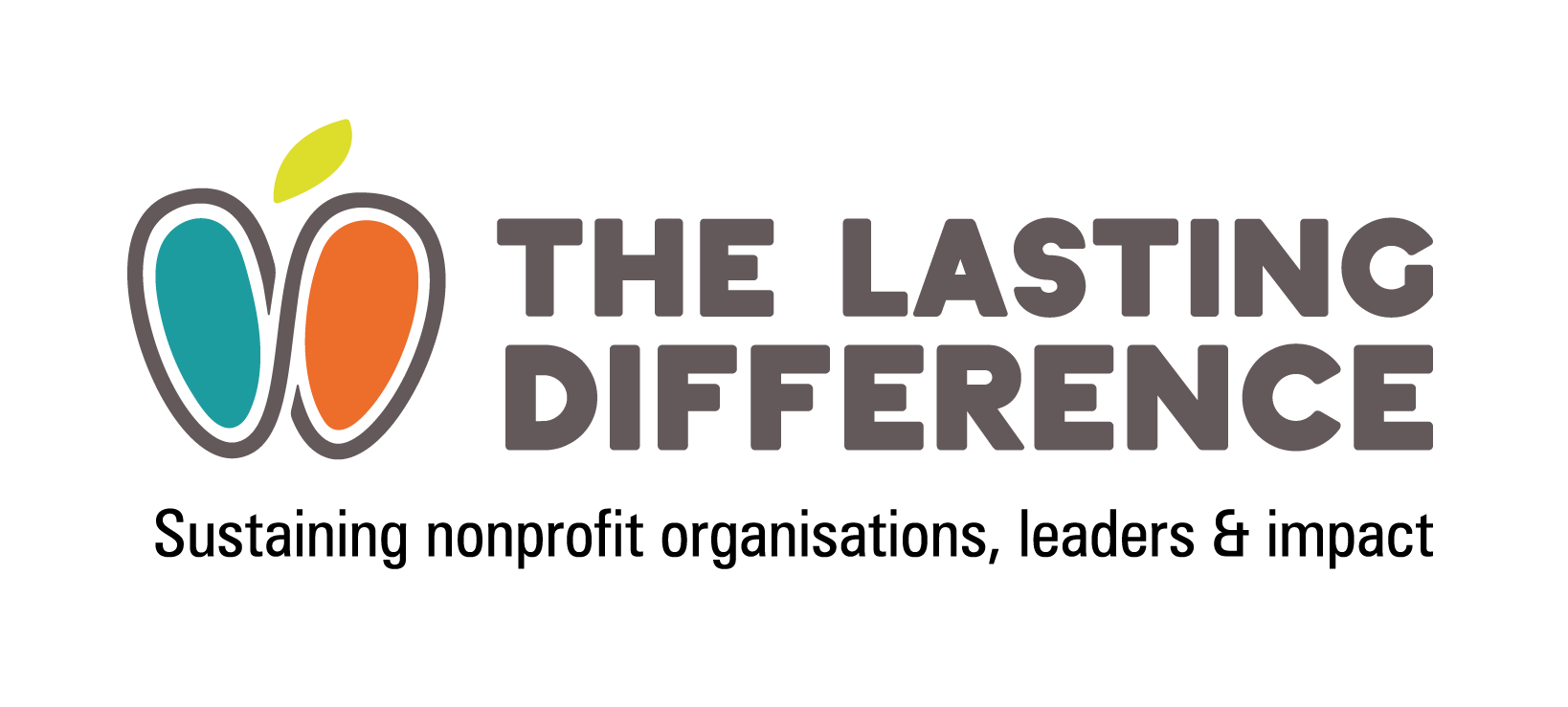Sowing seeds for sustainability
This case study shares learning from a recent workshop programme, building sector sustainability with a focus on equalities.
Carers Trust is a major UK charity improving support, services and recognition for unpaid carers. With 122 local Network Partners, Carers Trust supports carers with information, advice, emotional support, hands on practical help and access to much needed breaks. With funding from the Covid-19 Support Fund, Carers Trust is working with 26 Network Partners and Carers UK to ‘Making Carers Count’ (MCC). The programme focuses on under-represented carers who have been disproportionately affected by the pandemic.
About the sustainability workshops
Early on in the programme, MCC partners identified the need for capacity building relating to sustainability. They were also aware of the need to plan for their projects’ legacy before the programme ends in March 2024. So during 2023 we ran a series of workshops to help Network Partners to consider what to sustain – and how to do it. The intended outcomes were for participants to increase their:
- Understanding the importance of building sustainability into their service delivery and legacy plans.
- Knowledge of the key concepts and practices of sustainability.
- Ability to identify and respond to any additional considerations for sustainability in relation to groups which are under-represented or face additional barriers.
The Lasting Difference toolkit provided a foundation for the programme, however, we tailored each workshop in response to the needs and outcomes that participants identified. Carers organisations generally have a lot of expertise to share and MCC partners were no different, having quickly learned a great deal about how best to reach and support under-represented carers. Three half-day online workshops were arranged to accommodate as many partners as possible.
1. Understanding sustainability – principles and practices.
Exploring the paradoxes and principles of sustainability and what they mean for each project – and the under-represented groups they work with. Participants used the Lasting Difference toolkit to inform the ideas and actions they wanted to work on in session two.

2. The Five Capabilities
Having worked through the toolkit and accompanying self-assessment, participants identified the key Capabilities they wanted to explore in depth (Involvement, income generation, innovation, improvement, impact measurement).
Peer support was an important part of the programme, letting people share learning about what the Capabilities mean in context for under-represented carers.
3. Sustainable impact and legacy
The final session drew on the guide to Sustainable Impact and Capacity and Part Four of the Toolkit (Exit Strategies). Like the toolkit, participants were quick to identify that sharing and sustaining this learning is they key to making a lasting difference.
Learning
Standing the test of time
Just like the things that matter in our lives, charities stand the test of time when:
- They mean something
- They hold memories
- They are cared for
- They create connections
‘I absolutely love supporting people. Advice and guidance is something that never gets old.
The same advice can support millions of people over a large timeframe.’ (Programme participant)
Planning ahead
When we shared the words we used to describe sustainability, three key themes emerged relating to services being:
- Planned and consistent
- Effective and successful
- Valuable and wanted
The focus on planning was interesting – it doesn’t usually come up but it mattered a lot to these participants. This might be because MCC is a time-limited programme, but it probably also reflects timing. 2023 was the year when charities were taking stock after the pandemic and consciously thinking about what to sustain into the future and what to let go.
Reaching under-represented groups
Interpreting the toolkit and what it means in the context of work with under-represented carers was interesting. The learning that emerged is related to core toolkit concepts, but with extra nuance.
Learn what works and what carers want
Find out who you’re reaching – and who you’re not. Train staff on working with different client groups, e.g. through employing multi-lingual staff.
‘Sustainability with regard to inclusion lies within the staff and their ability to support the community’
Manage your capacity
Avoid getting overwhelmed by staying focused on what you’re trying to achieve. Talk to funders to change direction if needed. Embed awareness within your team of community needs and aspirations. Plan for exit strategies, e.g. transferring project models, services or learning to another part of the organisation.
Build capacity and relationships
‘A farmer is never scared of sowing seeds.’
Pass your knowledge on to others. Make links, connect the dots. Train colleagues in working with your project’s client group. Build carers’ capacity and reduce reliance on you by introducing them to other carers (e.g. via a WhatsApp or peer support group), other members of your team and other services.
Manage the money
Start by being clear on the full costs of your work. Full cost recovery helps you manage budgets and projects realistically. Showing your workings can convince commissioners and funders to support the true costs of delivery. Use any unrestricted funds to develop reserves.
Conclusion
The clearer you can be on who your work ‘belongs to’, the more sustainable you will be. This truth was carried in the way Making Carers Count was designed – a partnership programme, not a top-down funding initiative. We reflected it in workshop delivery too – I have some expertise and ideas but participants always have more. And MCC Network Partners continue to live it in their work and in their legacy. Just like sustainability, when it comes to equality and representation, everyone counts.
Tanya Coles – Carers Trust, Programme Lead (Young & Young Adult Carers) said:
The programme is unique as it represents an investment into capacity building of local carer organisations, who Carers Trust regard as the informal health and care system, to improve service outreach and delivery to under-represented communities.
Making Carers Count delivery ends in March 2024, so capacity building has shifted towards project legacy and sustaining good practice beyond the funding period. The Lasting Difference Toolkit and workshops delivered by Graeme have been fundamental in supporting local carer organisations. It has given them some precious time and space away from day-to-day delivery to think about the five capabilities of involvement, improvement, innovation, impact measurement and income generation and how these might be implemented for sustainable impact and exit strategies.
Visit Carers Trust
Find out about Making Carers Count
